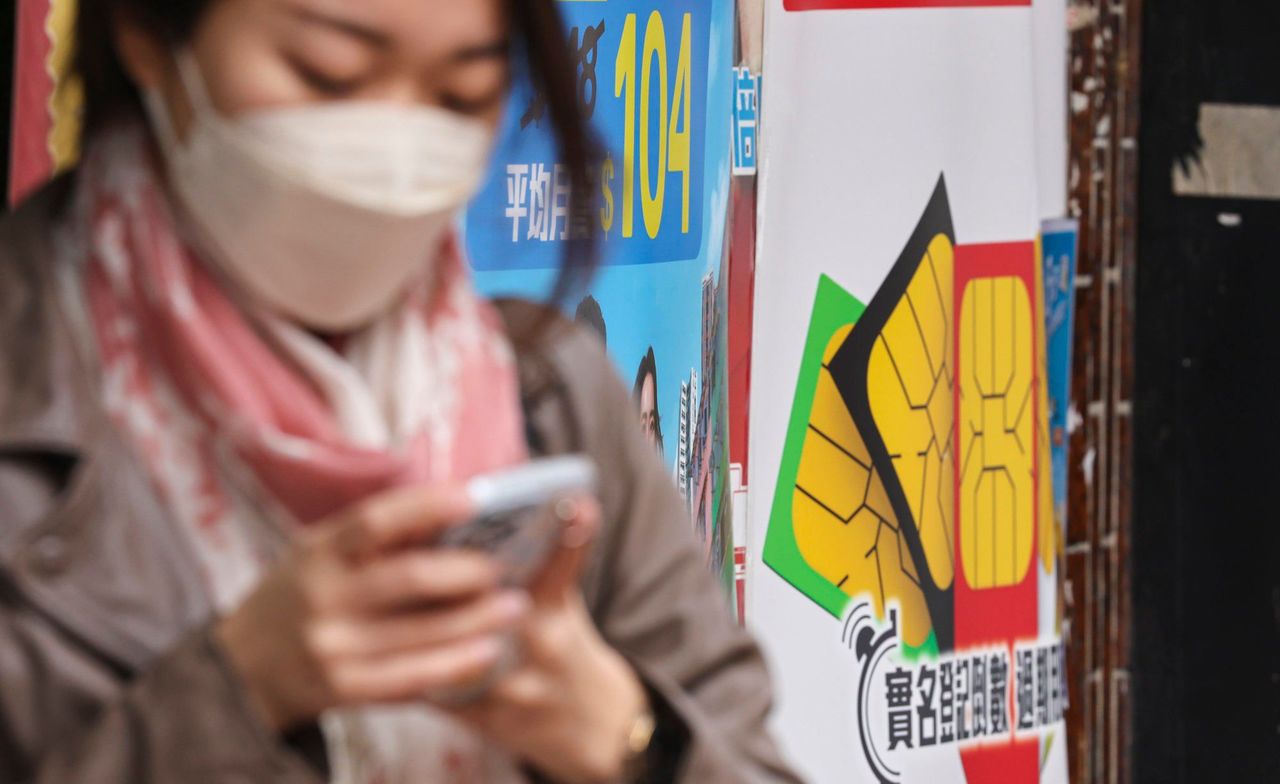Hong Kong News

Why is Hong Kong requiring real-name registration for mobile SIM cards?
Hongkongers who have not registered their mobile SIM card on or before Thursday under the city’s new real-name mandate will lose their service, as well as access to online banking and other facilities.
All SIM cards must be registered with a real name, date of birth and Hong Kong identity card number. This includes prepaid cards that have long been sold in the city without the need for personal identification.
After nearly a year of the government’s drive to promote the new rules, the deadline is finally due for mobile users.
Here’s what you need to know about the change.
1. Why is Hong Kong requiring real-name registration for mobile SIM cards?
First proposed by the Commerce and Economic Development Bureau in January 2021, the Telecommunications (Registration of SIM Cards) Regulation took effect in September the same year and the registration began in March 2022.
The bureau said mandatory real-name registration would better regulate SIM card services and combat offences, as criminals have made use of anonymous pay-as-you-go cards to evade detection.
 Any SIM card that is not registered on or before Thursday will be deactivated.
Any SIM card that is not registered on or before Thursday will be deactivated. Au also revealed phones with unregistered SIM cards had been used to remotely detonate home-made bombs, saying they had “blatantly put our community at risk”.
2. When and how are SIM cards registered?
Any SIM card that is not fully registered on or before Thursday will be deactivated.
Users of prepaid SIM cards issued before March 1, 2022 should either register with the service providers online or at stores. They are required to provide a copy of their identification documents for verification. A person can register up to 10 SIM cards.
All cards issued after March last year are already registered with details in line with the new regulation. Subscribers of mobile service plans are also not required to re-register unless they switch operators or sign up for a new number.
3. What will happen to the unregistered SIM cards after the deadline?
Users with unregistered SIM cards will not only lose access to mobile services, but also online ones that depend on an active mobile number for login authentication.
For instance, bank customers in the city have been warned in recent weeks that without a registered SIM card, they might lose access to online services as they will no longer receive text messages which were necessary to log into their accounts.
But as long as the deactivated prepaid SIM card is still valid, the user can contact the mobile service provider and reactivate the card.
4. How many SIM cards have been registered?
About 12 million SIM cards in Hong Kong have already been registered under the new system, Director General of Communications Chaucer Leung Chung-yin at the Office of the Communications Authority said on a radio programme on Tuesday.
“The progress has been satisfactory,” Leung said.
But he stopped short of specifying the number of unregistered SIM cards, saying they had been idle for a long time or had been treated as backups by residents.
 People queue up to get their SIM cards registered at Wong Tai Sin MTR station.
People queue up to get their SIM cards registered at Wong Tai Sin MTR station. 5. Can I use a SIM card registered with another person’s information?
It is against the law to use a SIM card registered with another person’s information and residents could face imprisonment for violations, according to Leung.
He said a person who dishonestly uses services from someone else by deception can face a maximum penalty of 10 years’ imprisonment under the Theft Ordinance. The person could also be charged for using a false instrument under the Crimes Ordinance.
He added a social media post promoting the use of SIM cards registered with someone else’s personal details had been referred to police for investigation, and the authority would continue to stay vigilant about similar cases.
“Do not challenge the law by hiding your personal identity,” Leung cautioned, urging residents to contact mobile operators to re-register SIM cards if they were going to be used by another person.
6. How are elderly residents registering their SIM cards?
According to the Census and Statistics Department, 32 per cent of residents aged 65 or above do not own a smartphone as of 2020.
A 70-year-old retired care home worker, who gave her surname as Kwok, said she could not identify her mobile service provider and had to seek help from social workers for the registration.
She preferred a prepaid SIM card because of the low cost and simplicity. “We can’t afford a mobile subscription and have no idea how to go online. With the HK$80 incognito SIM card, I can get mobile service for more than half a year,” she said.
Elderly residents can seek help at assistance counters set up at 25 MTR stations and 18 post offices, in addition to mobile service providers’ stores.
Ivan Lin Wai-kiu, an organiser with the Society for Community Organisation, said the group had seen many elderly people seeking help for the registration in recent weeks.
He said while the ad hoc counters had been helpful, the authorities should maintain regular help points to assist the city’s elderly population and promote digital inclusion.











